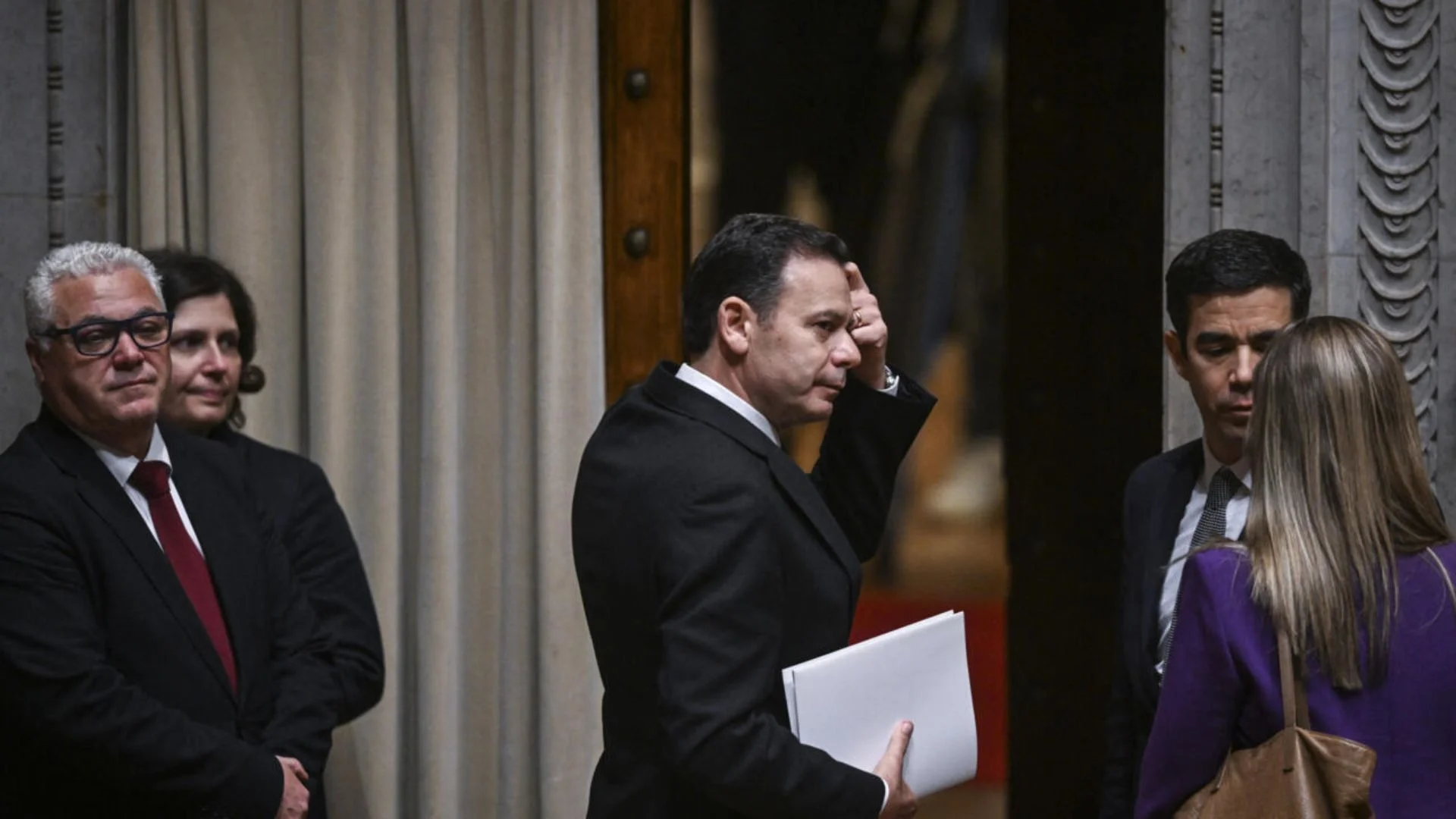In a year marked by deep divisions and intense debates, Merriam-Webster has chosen “polarization” as its Word of the Year for 2024. The announcement follows a turbulent U.S. presidential election that sent ripples across the globe, with stark contrasts in opinions and ideologies dominating the narrative.
What Does “Polarization” Mean?
Polarization refers to a specific kind of division, where opinions and beliefs gravitate toward extremes rather than seeking a middle ground. “It’s a term that signifies a move away from consensus, often reflecting societal rifts,” explained Peter Sokolowski, Merriam-Webster’s editor-at-large.
The word saw a surge in lookups this year, fuelled by the divisive nature of the election. According to AP VoteCast, 80% of Kamala Harris voters and 70% of Donald Trump voters expressed concerns that the opposing candidate’s views were “too extreme.” This reflects the widening gap in political ideologies and the public’s growing interest in understanding the term.
Origins and Broader Usage
First coined in the early 1800s, “polarization” originally held scientific connotations but has since expanded to describe societal, cultural, and ideological divides. It often captures shifts in areas like race relations, politics, and even pop culture.
Sokolowski highlighted how the term has been used universally across political divides, appearing on platforms like Fox News, MSNBC, and CNN. “It’s one of the few words people across ideologies seem to agree on,” he noted.
Beyond Politics: Polarization in Pop Culture
From Taylor Swift’s private jet controversy to celebrity feuds and debates over “nepo babies,” polarization wasn’t limited to politics. Even memes, such as those mocking Australian breakdancer Rachael Gunn’s performance, sparked polarized reactions.
Merriam-Webster’s Top Words of 2024
In addition to “polarization,” Merriam-Webster revealed its top trending words of the year:
- Demure: Popularized by TikToker Jools Lebron’s viral makeup routine.
- Fortnight: Gained attention through Taylor Swift’s collaboration with Post Malone.
- Totality: Inspired by April’s solar eclipse, drawing millions to view its complete obscuration.
- Resonate: Frequently used in AI-generated content for its emotional gravitas.
- Allision: Spiked after a ship struck the Francis Scott Key Bridge in Baltimore.
- Weird: Saw renewed interest after being used by Minnesota Gov. Tim Walz.
- Cognitive: Discussed in relation to political debates and leaders’ mental acuity.
- Pander: Widely debated in political commentary across ideologies.
- Democracy: A perennial favourite, reflecting ongoing interest in its principles.
The Dictionary’s Role in Modern Times
As Sokolowski noted, “The basic job of the dictionary is to tell the truth about words.” With over 100 million page views per month, Merriam-Webster provides a lens into the evolving language of society.
Polarization’s rise to prominence highlights the pressing need for dialogue and understanding in a world increasingly marked by extremes.






















